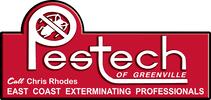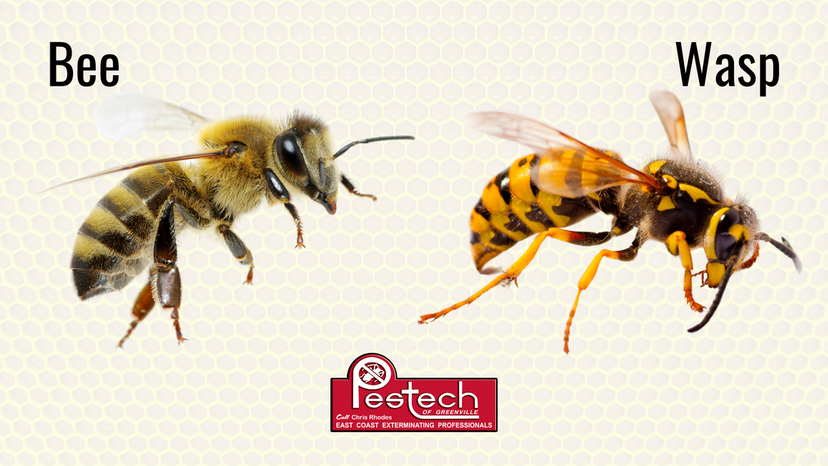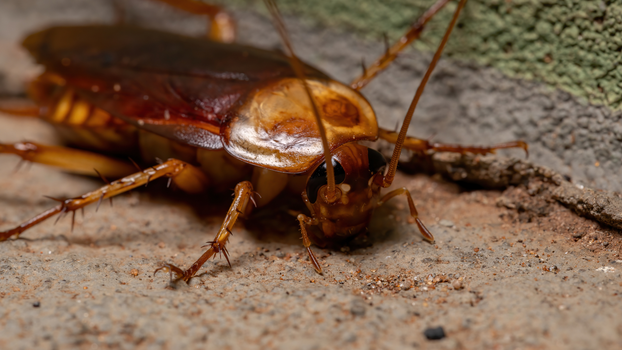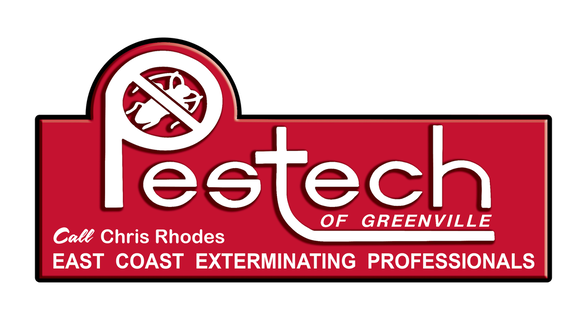|
With the fall season upon us, you may see many promotions for pest control services from companies you haven’t heard of before or solo technicians who don’t work with a company. This often happens in the fall months and during hurricane season. Unfortunately, it’s a common problem in our industry, and Pestech of Greenville is spreading awareness to inform consumers in eastern North Carolina so you can avoid these types of scams.
As summer turns into Fall, the chances of you seeing stink bugs in your home increase immensely. Although these little pests aren’t toxic, their smell appears like it is. In this month’s pest profile, we’re talking about the stink bug.
According to Pest World, brown marmorated stink bugs are an invasive species from Asia that first arrived in Pennsylvania in the late 1990s. Now, they can be found across the United States. Depending on their exact species, stink bugs vary in size. Some are almost two centimeters long and are as wide as they are long. They can be brown, gray, or dark green in color and are comprised of three body segments. They also have a shield-shaped abdomen and six legs. Most species of stink bugs only live for about six to eight months. Wasps and bees may be best known for disrupting your summer fun, but they are both essential to our ecosystem. While they look similar and share similar habits, they're actually quite different. We're taking a look at how to tell the difference between wasps and bees and what characteristics they share.
They’re a major pest across the United States and a least favorite of many. In this month’s Pest Profile, we’re talking about the American cockroach. Also referred to as the palmetto bug or water bug, this pest may not be the most common roach species, but it is the largest. It also lives the longest, with a lifespan of about two years.
There's no question that summer is here in Eastern North Carolina, and we're seeing record-breaking temperatures across much of the United States. Unfortunately, with the warm weather comes an increased chance for certain pests. That's because the life cycle of certain insects speeds up when the temperature climbs. This can bring exponential growth in insect populations.
Some of the most common pests in the summer are mosquitoes, ticks, fire ants, wasps, and termites. But don't worry; Pestech of Greenville is here to help keep your home pest-free from these heat-loving bugs. |
|
|
HOW ARE WE DOING? (Google review embedded here)
Copyright © 2023
PESTECH OF GREENVILLE, INC.
PESTECH OF GREENVILLE, INC.




